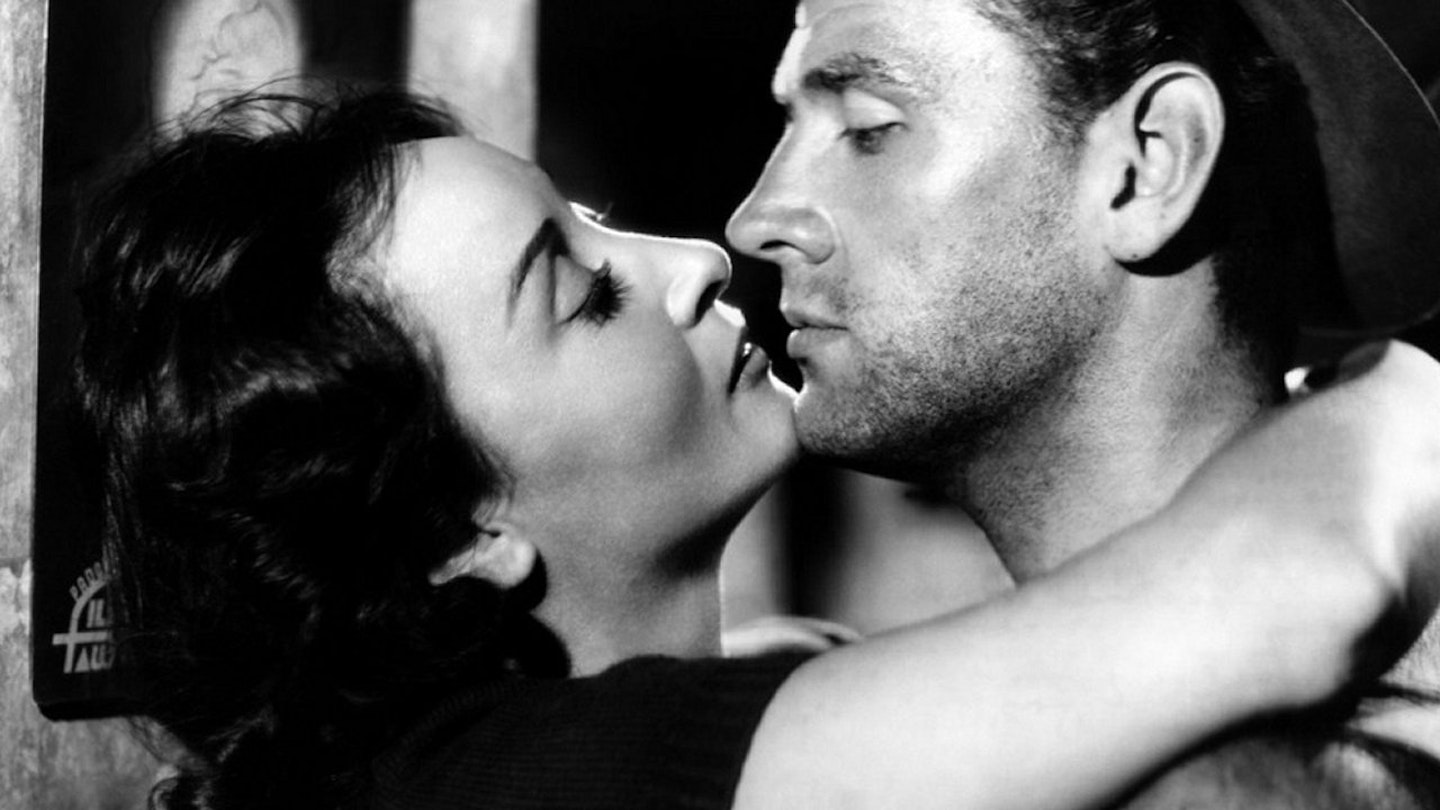Luchino Visconti owed several debts to Jean Renoir. He not only gained his first on-set experience as the auteur's assistant on Une Partie de Compagne and Les Bas-Fonds, but he also got to help Carl Koch complete Renoir's abandoned adaptation of Tosca. Most significantly, however, Renoir gave him the copy of James M. Cain's The Postman Always Rings Twice that inspired Visconti's debut, which has since become acknowledged as the first neo-realist feature.
Having been prevented by Culture Minister Alessandro Pavolini from filming Giovanni Verga's short story, `Granigna's Lover', and lacking the funds to adapt Hermann Melville's Billy Budd, Visconti translated Cain's seedy story to an Italian setting with the help of director Giuseppe De Santis and novelist Alberto Moravia. They ditched the book's first person perspective and introduced the ambiguous character of La Spagnola, the gay outsider whose relationship with Gino counterbalanced his unhappy passion with Giovanna. But, most crucially, they removed the original's hard-boiled cynicism and replaced it with an almost classical sense of tragedy, which saw fate playing the cruellest of tricks upon the lovers.
Some have seen Ossessione as an allegory of Italy's insane surrender to the bellicosity of Fascism. But the decision to make Bragana a fan of Verdi suggests that Visconti was more interested in operacising the action (as he would later do with Senso and The Leopard) - although he confined this grandiloquence to the melodrama by insisting on a resolutely realist mise-en-scène.
Visconti had Massimo Girotti and Clara Calamai adopt a naturalist acting style, which reduced their gestures and glances to a poetic minimalism that was reinforced by the atmospheric use of silence. Moreover, he also tended to film them in medium shots, which consistently located them within their environment, whether inside the inn or on the streets of Ferrara and Ancona. This uncompromising portrait of the Po provinces so enraged film critic Vittorio Mussolini that he declared the film to be unpatriotic. However, his father, Il Duce, permitted its release with minor cuts and it survived the war to become a cinematic milestone.
